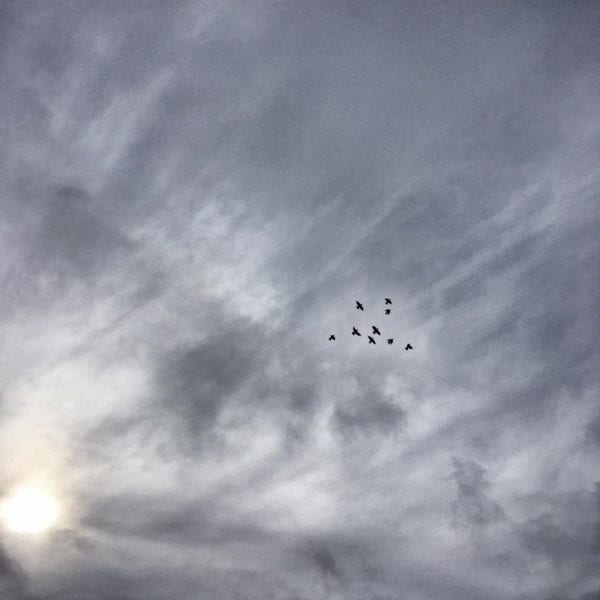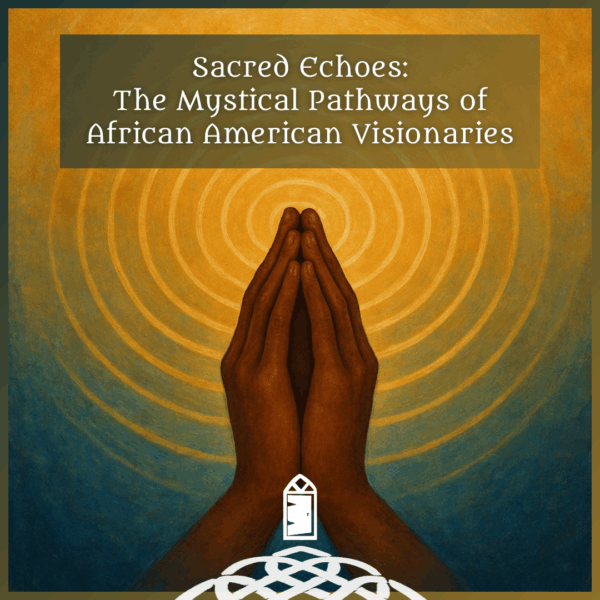 Dearest monks and artists,
Dearest monks and artists,
“What is serious to men is often very trivial in the sight of God. What in God might appear to us as ‘play’ is perhaps what He Himself takes most seriously. At any rate the Lord plays and diverts Himself in the garden of His creation, and if we could let go of our own obsession with what we think is the meaning of it all, we might be able to hear His call and follow Him in His mysterious, cosmic dance.” ~ Thomas Merton, New Seeds of Contemplation
We live in the midst of chaotic times. As crises continue to build, we may find ourselves confused or fearful. We may want to gather in the upper room of our lives with our closest friends and close the door on a troubled world just like the disciples. Yet chaos always calls for creative response, it always beckons us to open to holy surprise.
Today is the feast of Pentecost, that glorious final day of the season of resurrection. The Apostles were together experiencing bewilderment over how to move forward when the Holy Spirit flows among them and breathes courage into their hearts. If we have stayed committed to our pilgrimage this far then we may still wonder why we have journeyed so long and still are do full of fear and unknowing.
It says that those who witnessed this event were “amazed and perplexed.” Some were confused, others cynical. Peter reminds the crowds of the words the prophet Joel declared, that all will be called to dreams and visions, all will need to be attentive to signs and wonders.
The story of Pentecost asks us a question: How do I let my expectations and cynicism close my heart to the new voice rising like a fierce wind?
In Benedictine tradition, conversion is a central spiritual practice. Conversion for me essentially means making a commitment to always be surprised by God. Conversion is the recognition that we are all on a journey and always changing. God is always offering us something new within us. Conversion is a commitment to total inner transformation and a free response to the ways God is calling us and to new images of God. Eugene Peterson describes it this way: “What we must never be encouraged to do, although all of us are guilty of it over and over, is to force Scripture to fit our experience. Our experience is too small; it’s like trying to put the ocean into a thimble. What we want is to fit into the world revealed by Scripture, to swim in its vast ocean.”
Several years ago I was going through an intense period of discernment. I had finished graduate school and found that my desires were no longer in alignment with the path I had initially imagined for myself. I spent long periods of time in silence and solitude, engaging all of the essential techniques for discernment I had learned in my studies and previous practice. I was taking this very seriously because this was my life path I was pondering. Then one night I had a dream about koala bears trying to get a map out of my hands so they could play with me. In my reflection time that followed I discovered a playful God who was calling me to take myself and my discernment far less seriously than I had been. I love to laugh but in my longing to discover the next path, I had forgotten what Merton reminds us in the opening quote: how playfulness is woven into the heart of the universe, how sometimes what God takes most seriously is what we easily dismiss.
Pentecost demands that we listen with a willing heart, and that we open ourselves to ongoing radical transformation. We discover that the pilgrimage does not end here, instead we are called to a new one of sharing our gifts with the world. Soul work is always challenging and calls us beyond our comfort zone. Prayer isn’t about baptizing the status quo, but entering into dynamic relationship with the God who always makes things new. Scripture challenges our ingrained patterns of belief, our habitual attitudes and behavior. Conversion is about maintaining what the Buddhists call “Beginner’s Mind.” St. Benedict speaks to this in his Rule with the call to always begin again.
To be fully human and alive is to know the tension of our dustiness, our mortality, to be called to a profoundly healthy humility where we acknowledge that we can know very little of the magnificence of the divine Source of all. The Spirit descends on those gathered together in a small room and breaks the doors wide open. We are reminded that practicing resurrection is not for ourselves alone, but on behalf of a wider community. Not only for those with whom we attend church services, but beyond to the ones who sit at the furthest margins of our awareness. Pentecost is a story of the courage that comes from breaking established boundaries.
We may limit our vision through cynicism, but equally through certainty or cleverness. Sometimes we fear doubt so much that we allow it to make our thoughts rigid, we choose certainties and then never make space for the Spirit to break those open or apart. The things we feel sure that God does not care about may be precisely the source of healing for a broken world.
Life isn’t about knowing with more and more certainty. This is the invitation of our creative practice as well, to move more deeply into the mystery of things. I find that the older I get, the less sure I am about anything and the richer my life becomes as I make space for unknowing, expansiveness, and possibilities far beyond my capacity for imagining. If when Pentecost arrives you do not find yourself perplexed or amazed, consider releasing the tight grip of your certain thoughts and make space for holy surprise.
With great and growing love,
Christine
Christine Valters Paintner, PhD, REACE
Photo © Christine Valters Paintner



